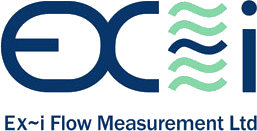A project to create second generation biofuel from agricultural residues is being carried out in Germany in response to the growing need for sustainable energy.
The SUNLIQUID project, based in Germany but being run by Swiss speciality chemicals company Clariant, is processing residues from cereals, such as wheat, barley straw, bagasse, miscanthus, rice straw and corn stover, in a bid to find alternative energy sources, as concerns grow over energy security, climate change and environmental protection and the shortage of fossil resources.
How Does It Work?
The process extracts and then converts the sugars from the plant material into ethanol. As much as 60% of the 240 million tons of residual cereal straw could be collected from Europe’s fields after harvest every year and put through this process. Using plant residues means there is no competition with food productions for agricultural land.
Promising Results From The Pilot
Clariant has been successfully running its first pilot since 2009 at its research facility in Munich. The plant has produced up to 1000 tons of bioethanol per year.
The latest Mercedes-Benz BlueDIRECT cars can already run on sunliquid20, a high quality petrol containing 20% bioethanol, and there are plans for more vehicles to run on this type of fuel.
What Does The Future Hold?
Clariant intends to market the SUNLIQUID process internationally, making it imperative that different raw materials can be effectively used in the process. Markus Rarbach, head of start-up business biofuels and derivatives commented, “We are currently assessing potential partners and locations for the first production facility. Our business model ultimately comprises issuing license packages for the full process.”
Exi Flow Measurement provides gas flow measurement and engineering solutions to operators around the world. Find out more about our services by calling us on 01243 554920.
